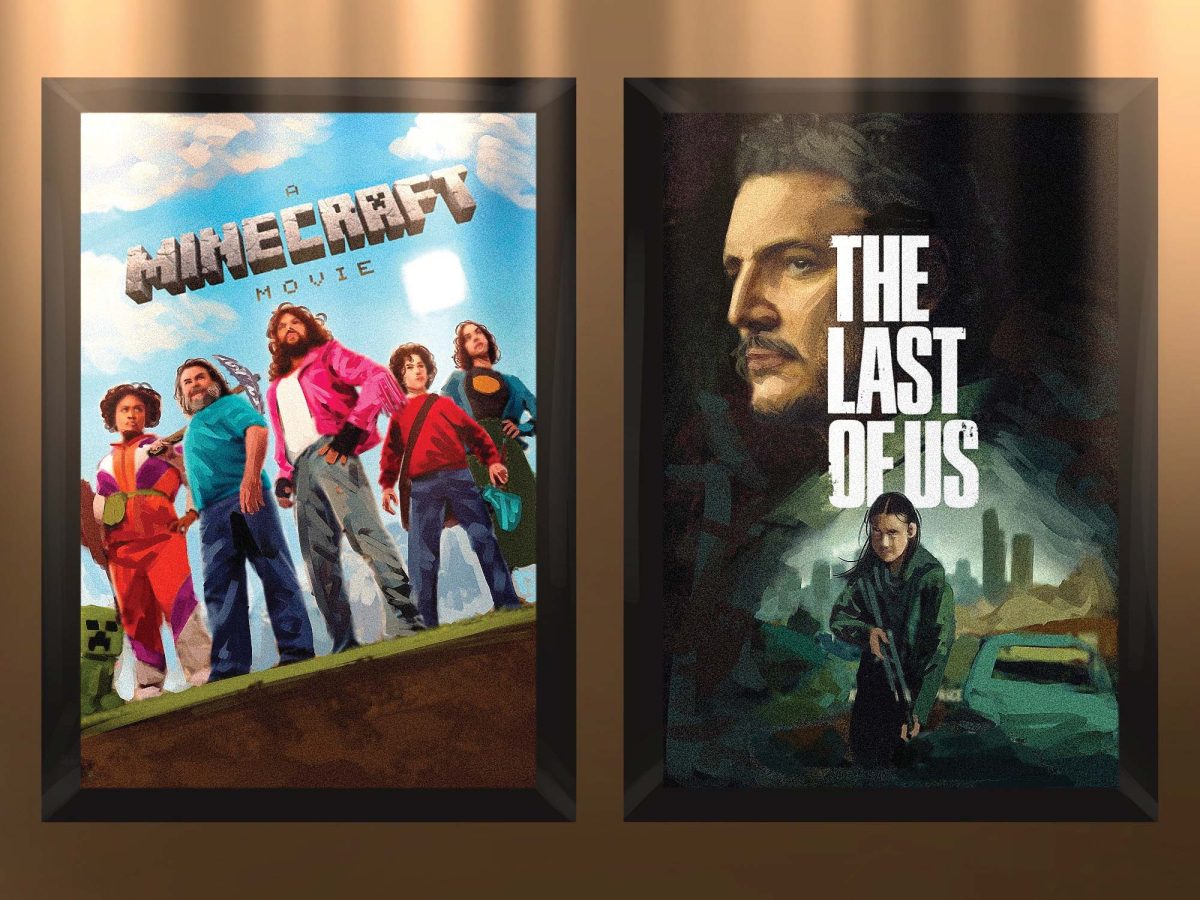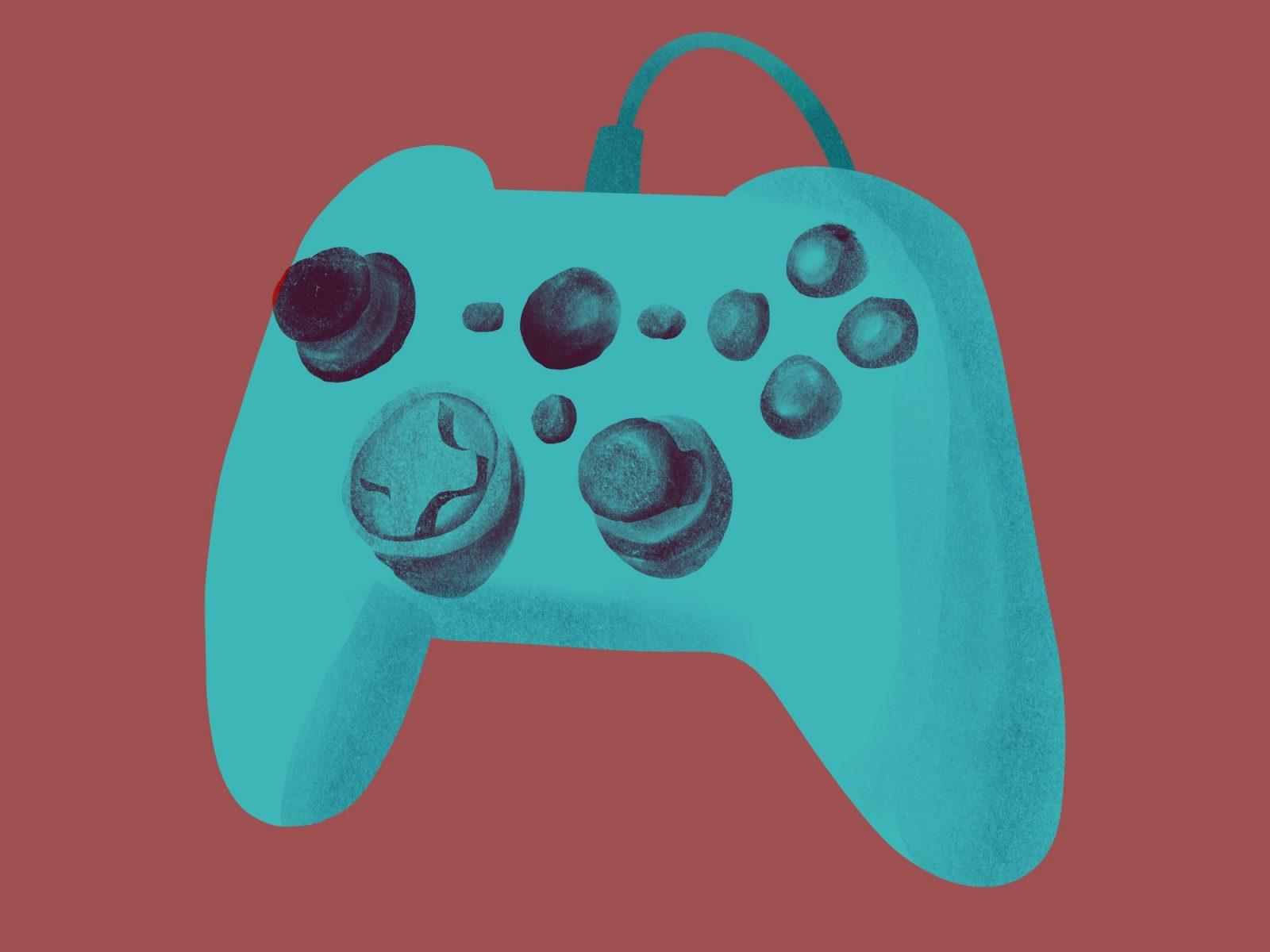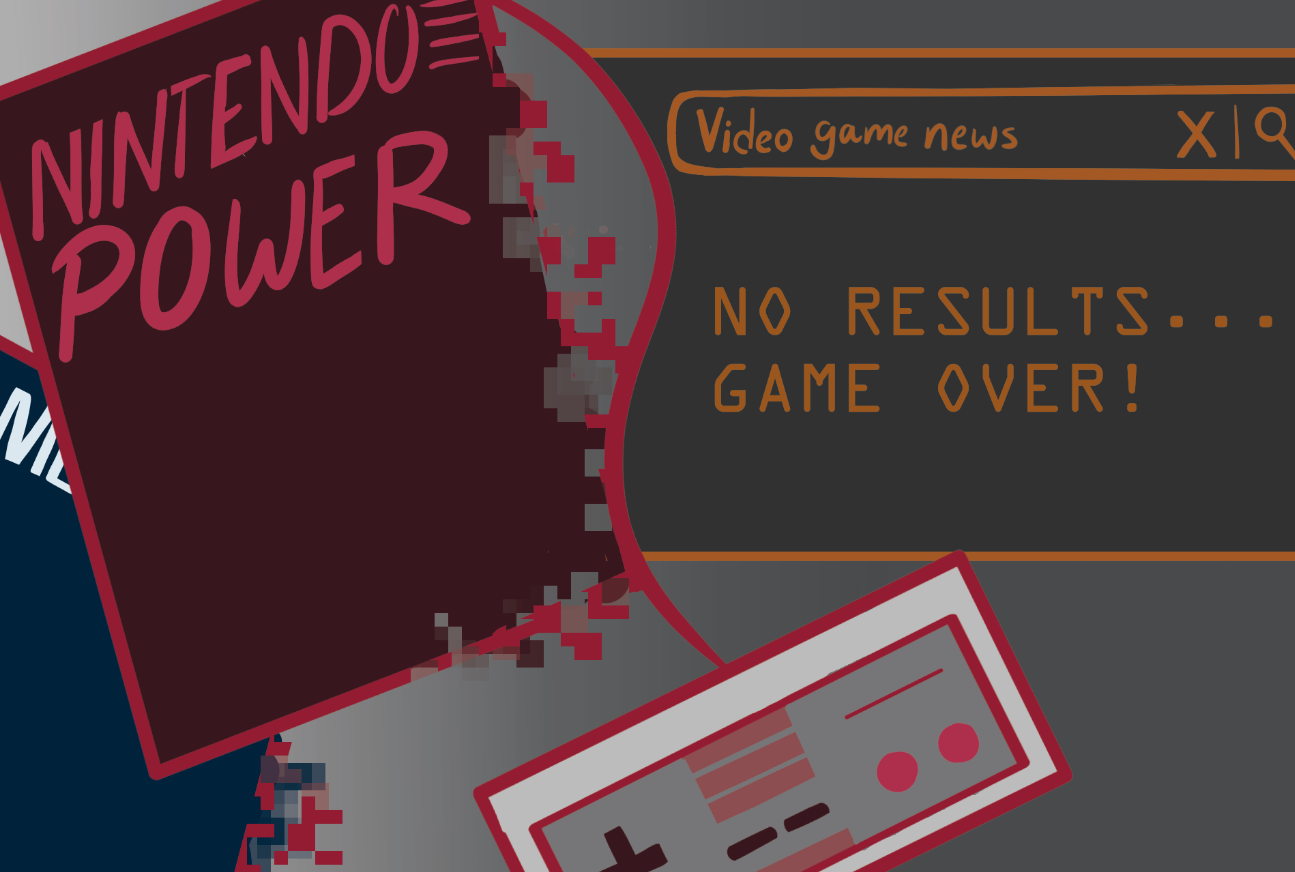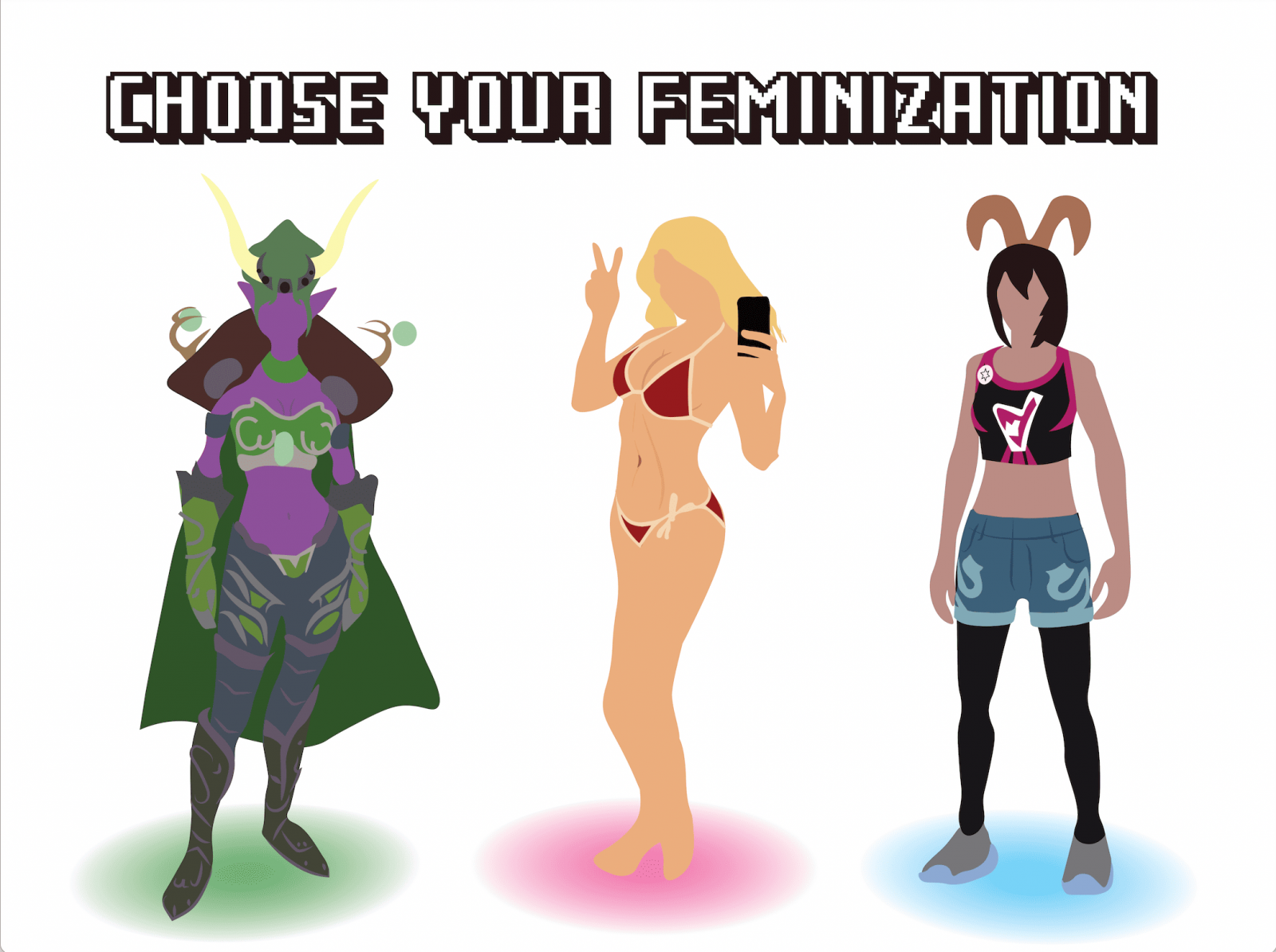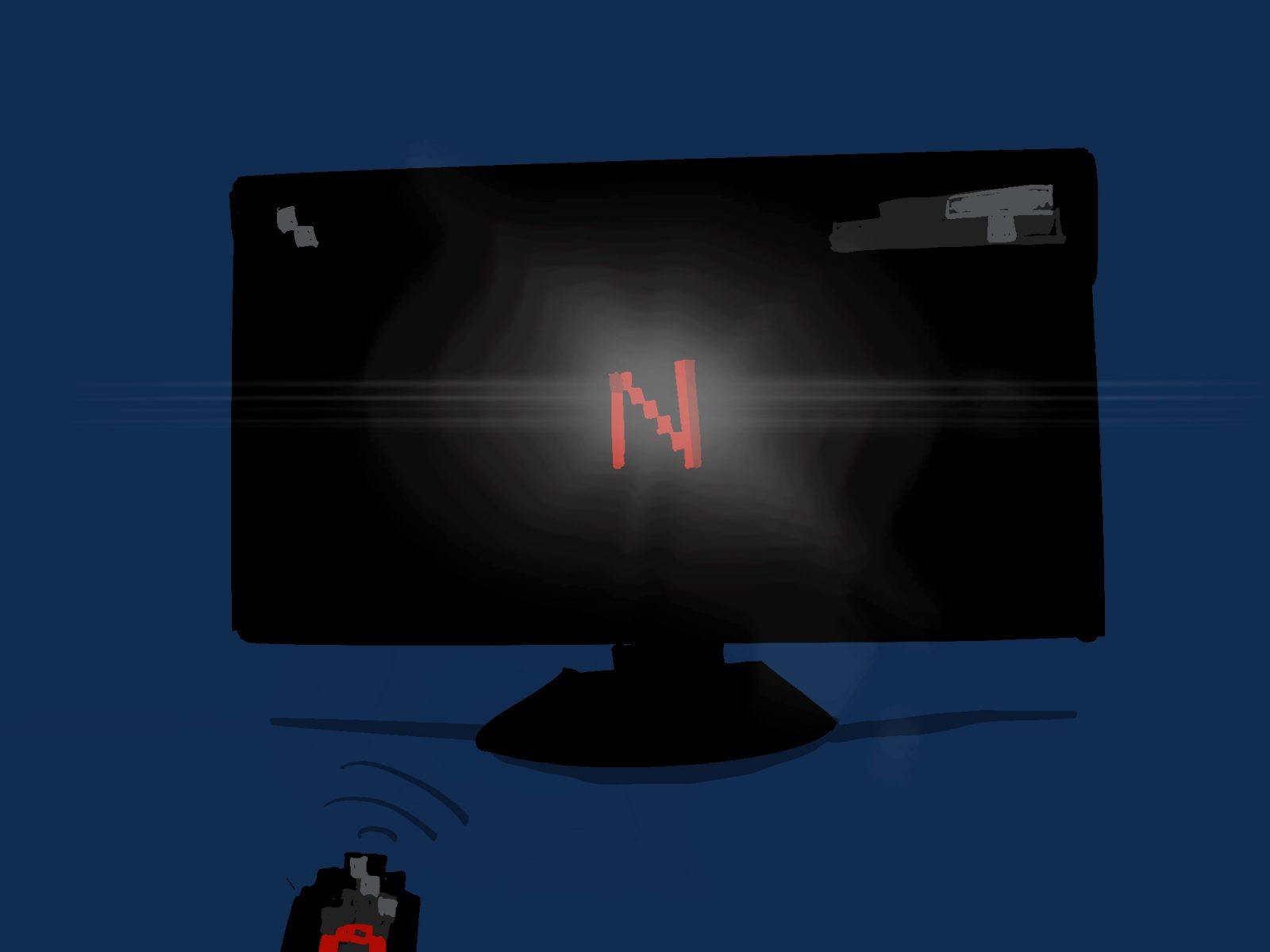“DEI kills art,” Elon Musk posted on X in May.
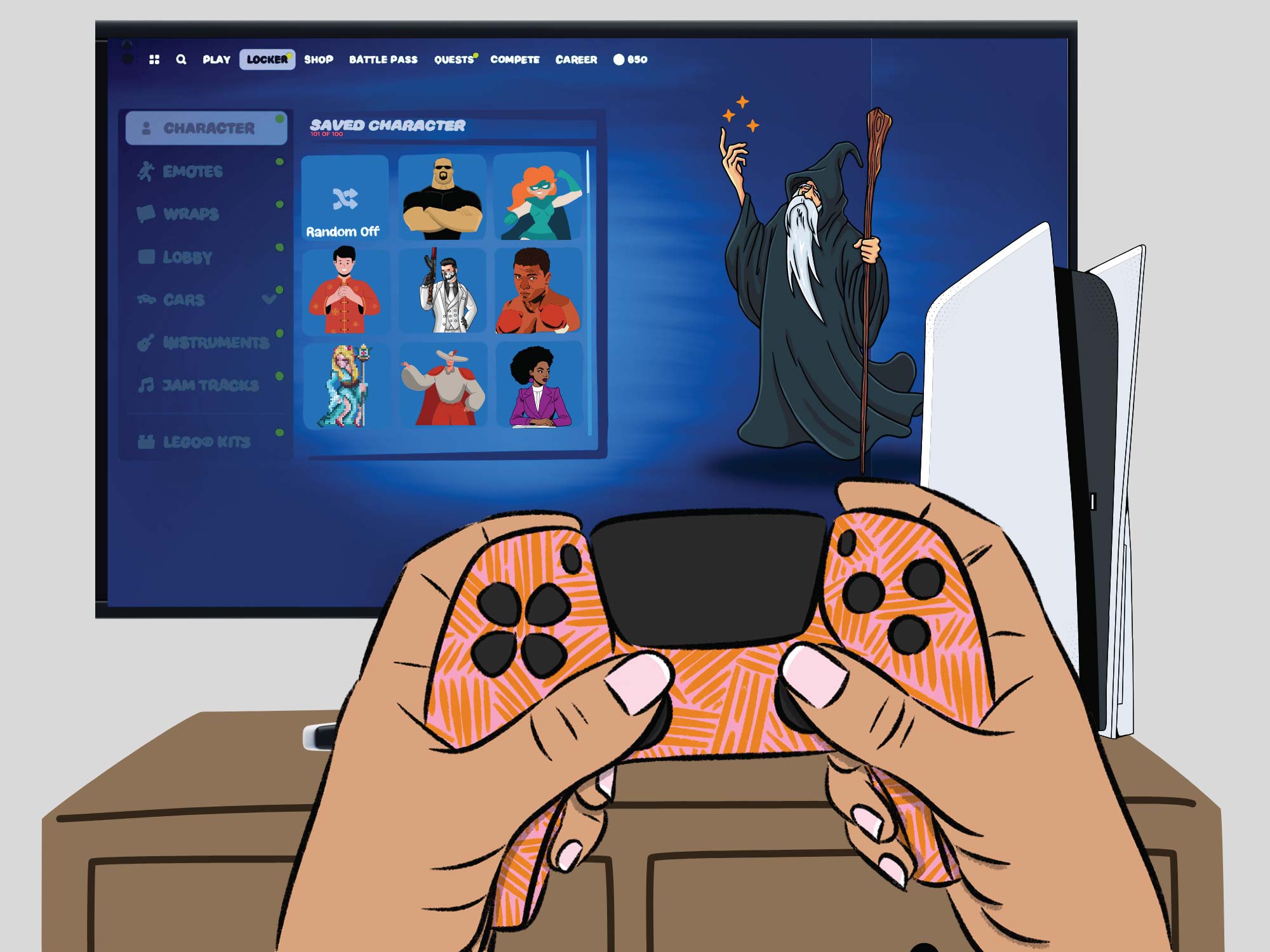
His comment was in response to an X post about “Assassin’s Creed Shadows,” a new Ubisoft game with two protagonists: a Black samurai named Yasuke, and a Japanese shinobi, or ninja, named Naoe.
Ubisoft launched the first official cinematic trailer for “Assassin’s Creed Shadows” eight months ago. Although its release date is set for March, the game already sits under scorching fire.
Few defended it. More criticize it, condemning Yasuke’s character for being historically inaccurate, culturally offensive and “so thoroughly woke,” to quote journalist Ian Miles Cheong.
Initially, I too raised an eyebrow at Ubisoft.
A quick Google search informed me that Yasuke is actually based on a historical figure of the same name — an African man who came to Japan in the late 16th century.
Still, about a month after the game’s announcement, a petition to cancel “Assassin’s Creed Shadows” surfaced on change.org.
Toru Shomizu, a Japanese psychology professor and associate dean for faculty affairs at the University of South Florida, started this petition. He wrote in Japanese, “Ubisoft continues to misunderstand the nature and role of samurai. This is a serious insult to Japanese culture and history, and may also be linked to Asian racism.”
In the comments, several petition signers blame DEI for the “imposition of diversity.” Many link the issue back to the controversy surrounding Sweet Baby Inc., a team of writers and narrative designers, and its “woke agendas.”
SBI strives to help game developers and their writing teams “make stories better,” according to its website. Specifically, SBI fleshes out narratives focused on marginalized groups, including the LGBTQ+ community and people of color.
The group worked on AAA games, or high-budget, high-profile games, like “Suicide Squad: Kill the Justice League,” “Spider-Man 2” and “God of War Ragnarök.”
“God of War” fell into a controversy reminiscent of “Assassin’s Creed Shadows” — though not to the same extent.
One of the game’s core characters, Angrboda, is Black. Many fans denounced this choice, arguing she would not have existed in Norse or Greek mythology.
But Kratos’ games never truly followed mythologies to a tee in the first place.
“God of War” story lead Matt Sophos and game director Bruno Velazquez both confirmed on X that “all mythologies exist all at once,” and “all creation stories are valid” in Kratos’ world. So, there is a real possibility that Angrboda can be connected to Egyptian mythology or some other realm.
Yasuke and Angrboda face two similar problems: Both characters represent preexisting figures, and both carry vague backstories.
Even though Ubisoft wanted players to experience Japan from an outsider’s perspective, I can agree with some online complaints –– the company could have executed this far more gracefully.
One Japanese American gamer expressed discomfort in seeing a French company pushing for a non-Japanese protagonist in Japan and noted that Yasuke is also much taller and stronger than other Asian characters.
As a half-Filipino American myself, I’ve searched for my face in the games I played. I haven’t had much luck.
But recently, there has been much more Asian American representation with characters like Emily Davis from “Until Dawn” and Alex Chen from “Life is Strange: True Colors.”
Would I love to see a Filipino or half-Asian character leading a AAA video game? Yes. But I am not going to pine for it. I do not want forced representation — the very thing that has pushed political tensions to the mainstage.
Game companies do their audiences a disservice when they focus on a character’s skin or eyes instead of their motives. It’s harmful to feign authenticity to make a point — when the hero checks a box instead of stepping outside the box.
I want the gaming industry to not just feature diverse characters — I want it to craft narratives wholly and entirely around these characters. Embed queerness and culture into the storyline — they are not an accent or a complement. They can be as integral to the character as skin is to bone.
The problem, however, is not DEI itself. It is not about Yasuke or Angrboda as characters.
It is the politics surrounding DEI.
What I hear from Musk and other opponents sounds like: “Diversity hinders films. Equity crushes books. Inclusion decimates games.”
Attacking DEI does not bring more representation, and it certainly does not fix the problem of insincerity.
Entertainment got so political we forgot why we love games so much in the first place. It’s the scene-setting and the soundtracks. The characters. The journeys we are taken on.
The issue lies in the stories we are trying to tell. It lies in the deceit — the dishonesty of a token Black character, or the gay best friend, or that one smart Asian kid.
We instead must find authenticity in our narratives, instead of scraping for diversity that never even existed. Maybe then — finally — we can believe equality is more than a political agenda.
DEI does not kill art. Deceit does.






















































































































